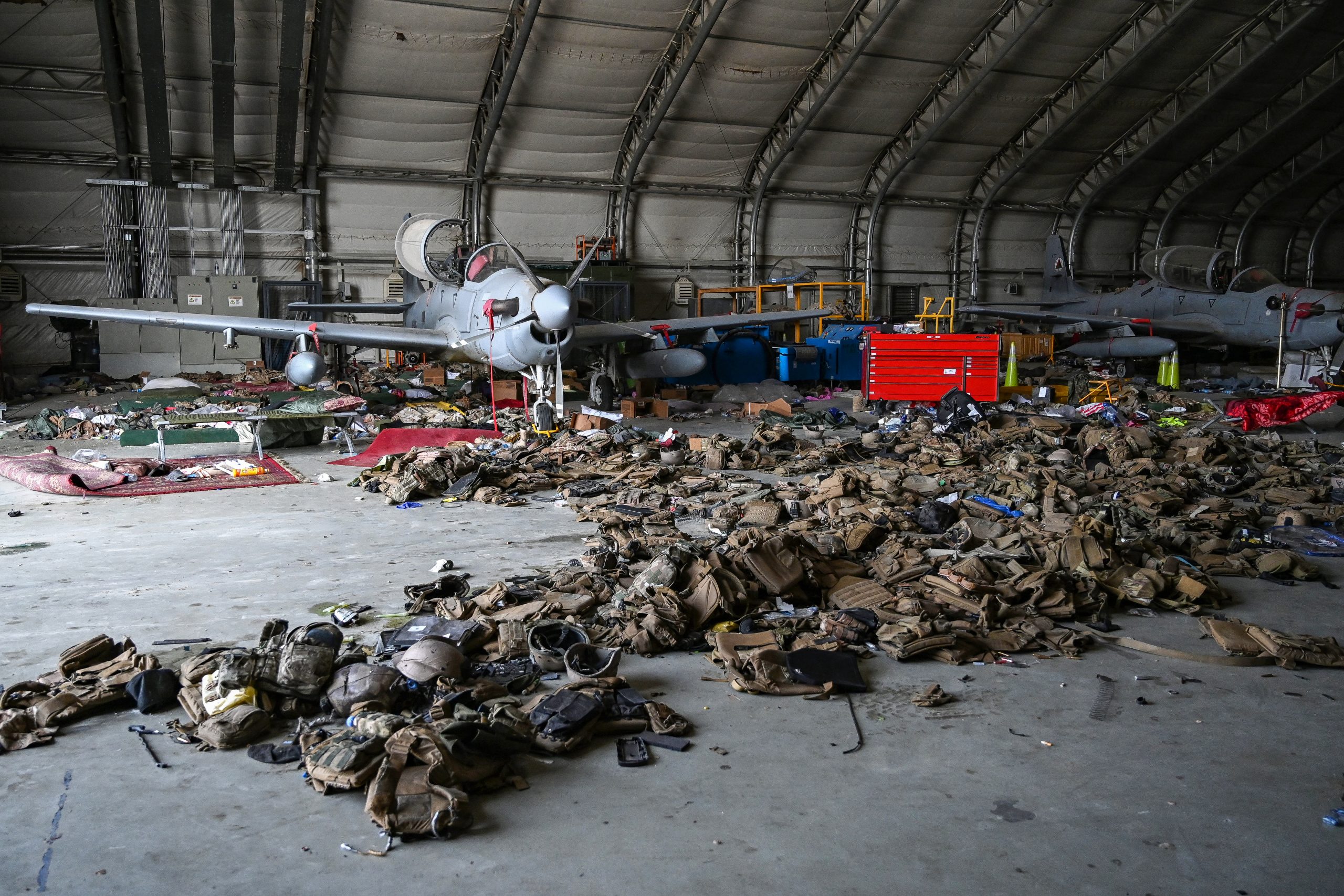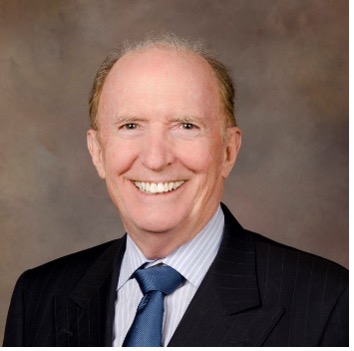
- 22 Sep 2021
In Conversation with Ambassador Robert Hunter: Making Sense of the Carter Doctrine
(This event is organised by MEI Diffusion of Ideas-Gulf research cluster.)
Abstract
The chaotic American withdrawal from Afghanistan has added fuel to the already-raging debate on the US’ Middle East policy. With tens of thousands of troops still based in the Gulf, is America really moving towards the role of an offshore balancer? With the Biden administration’s pledge to end “forever wars”, the question has now shifted to the reliability of American commitments to its security allies in the Middle East and elsewhere.
The Carter Doctrine, proclaimed in 1980 – ironically, in response to the Soviet invasion of Afghanistan – promised the use of all means necessary, including force, to defend US interests in the Persian Gulf. Once a clarion call enunciating America’s stance against Soviet expansion, is the doctrine still relevant today? What lies at the core of America’s Persian Gulf interests? Most importantly, is the US rethinking its role there?
The Middle East Institute (NUS) will host Ambassador Robert Hunter, a top official in the Carter Administration who had a hand in crafting the doctrine itself, to tackle these and other questions on America’s evolving Middle East role.
This public talk will be conducted online via Zoom on Wednesday, 22 September 2021, from 10.00am to 11.00am (Singapore Time) / 10.00pm–11.00pm (Washington, DC time).
All are welcome to participate. This event is free, however, registration is compulsory. Successful registrants will receive a confirmation email with the Zoom details closer to the date of the event.
Image caption: Afghan Air Force’s A-29 attack aircrafts are pictured as armoured vests are lying on the ground inside a hangar at the airport in Kabul on August 31, 2021 (Photo by WAKIL KOHSAR / AFP)
Listen to the full event here:
Watch the full event here:
About the Speakers

[Moderator] Dr Clemens Chay
Research Fellow
MEI, NUS
Dr Robert Hunter was the US Ambassador to NATO (1993-98) where he was the leading architect and US negotiator in adapting the alliance to the post-Cold War world and negotiating the NATO airstrike decisions that ended the Bosnia War. He served in the US Navy’s Polaris Project (Washington and Admiralty, London) on the LBJ White House domestic staff (education) and NSC staff under President Jimmy Carter, as leading official for Europe and then the Middle East and North Africa, which included developing the Carter Doctrine for the Persian Gulf. He was the foreign policy advisor to Senator Edward Kennedy.
He has taught at five universities, worked at several research organisations (IISS, ODC, CSIS, RAND, NDU), has more than 1,500 publications and written speeches for US presidential candidates. He was chairman of the Council for a Community of Democracies and president of the Atlantic Treaty Association. He served on the Defense Policy Board and the International Security Advisory Board (State Department). He was twice decorated with the Pentagon’s Highest Civilian Award for distinguished civilian service and by seven foreign governments (including the French Légion d’Honneur.) He is currently the International Affairs Advisor to the Mayor of New York City and Ancien at the NATO Defence College.

Dr Clemens Chay is a Research Fellow at the National University of Singapore’s Middle East Institute. He heads the Diffusion of Ideas-Gulf research cluster and spearheads a public education series, Bridging the Gulf. His research focuses on the history and politics of the Gulf states, with a particular emphasis on Kuwait, Oman and Saudi Arabia. Prior to joining MEI, he was the Al-Sabah fellow at Durham University where he taught and completed his PhD.
His most recent academic publications include a chapter that examines Kuwait’s parliamentary politics in The Routledge Handbook of Persian Gulf Politics (2020) and another article in the Journal of Arabian Studies, titled The Dīwāniyya Tradition in Modern Kuwait: An Interlinked Space and Practice. His commentaries are also featured across different outlets, including ISPI, KFCRIS, and Cambridge MENAF. Dr Chay is currently working on a book project related to Kuwait’s diwaniyyas.




